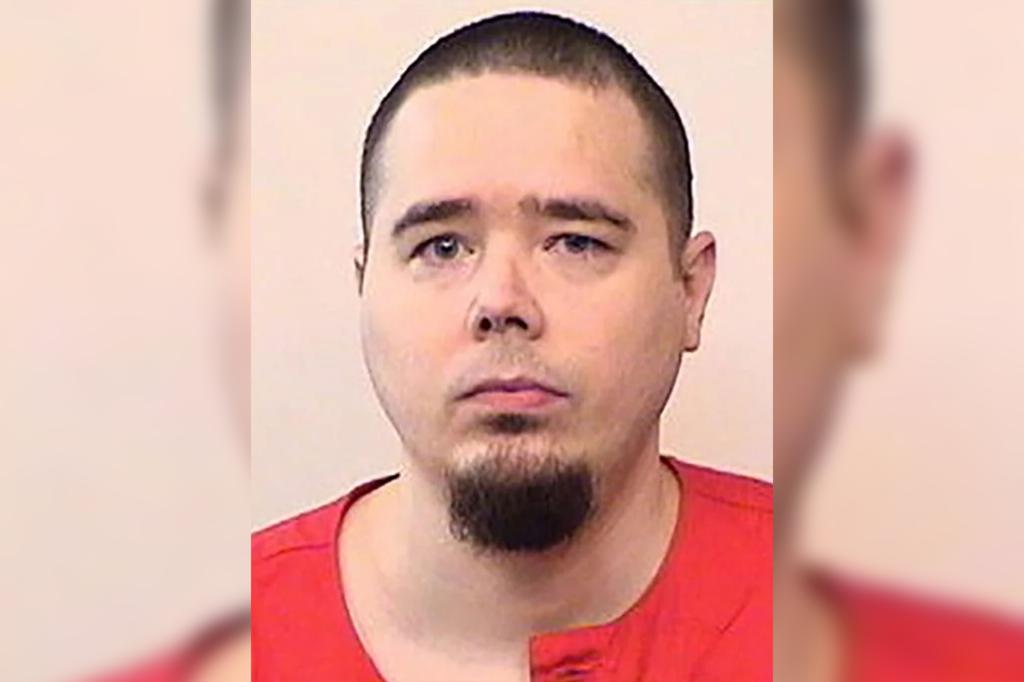The Indiana Supreme Court has set a date for the first state execution in 15 years, ordering Joseph Corcoran to be executed before sunrise on Dec. 18. The last state execution in Indiana was in 2009 when Matthew Wrinkles was executed for murdering his wife, her brother, and sister-in-law. The pause in executions was due to the unavailability of the drugs needed for lethal injections, but Gov. Eric Holcomb announced in June that the state had acquired the sedative pentobarbital and requested the Supreme Court to set a date for Corcoran’s execution. Corcoran was convicted in the 1997 killings of four individuals and has been on death row since 1999.
Corcoran, now 49 years old, has been on death row for over two decades and had exhausted his appeals in 2016. Despite arguing that his execution would be unconstitutional due to his mental illness and that the state had not disclosed its execution protocol, the Supreme Court has ordered his execution to proceed. The first federal execution in 17 years took place in Indiana in 2020, signaling a shift in the state’s approach to capital punishment. Corcoran’s case highlights issues of mental illness in death penalty cases and the complexities surrounding the execution of individuals with psychiatric disorders.
The decision to move forward with Corcoran’s execution raises questions about the ethical implications of capital punishment and how states handle the execution process. With the acquisition of pentobarbital, Indiana is prepared to resume executions after a long hiatus. The use of lethal injections has been a contentious issue in many states, with challenges to the availability of drugs and concerns about the constitutionality of executions for individuals with mental health issues. Corcoran’s case adds to the ongoing debate about the morality and effectiveness of the death penalty as a form of punishment.
The Supreme Court’s order for Corcoran’s execution comes after years of legal battles and appeals, highlighting the lengthy and complex process of capital punishment cases. The execution date set for Dec. 18 marks a significant moment in Indiana’s history, as it will be the first state execution in over a decade. The impact of this decision on the state’s criminal justice system and the wider debate on the death penalty remains to be seen. The use of lethal injections and the challenges surrounding executions will continue to be a topic of discussion and concern for advocates on both sides of the debate.
Corcoran’s case underscores the challenges faced by individuals on death row, particularly those with mental health issues, as they navigate the legal system and fight for their lives. The Supreme Court’s decision to proceed with his execution despite his mental illness raises questions about the fairness and compassion of the criminal justice system. The resumption of state executions in Indiana after a long hiatus reflects broader debates about the efficacy and morality of capital punishment in the United States. The execution of Corcoran will be a significant event in the history of Indiana’s criminal justice system and will have implications for future cases and policy decisions regarding the death penalty.
As the date of Corcoran’s execution approaches, the focus on his case and the wider implications for the death penalty in Indiana and beyond will continue to be a subject of debate and discussion. The use of pentobarbital for lethal injections in the state marks a shift in the state’s approach to executions and raises questions about the reliability and availability of drugs for capital punishment. The legal and ethical issues surrounding Corcoran’s case highlight the complexities and controversies of the death penalty system in the United States. The Supreme Court’s decision to proceed with the execution will have a lasting impact on the state’s criminal justice system and the ongoing debate about the death penalty.


